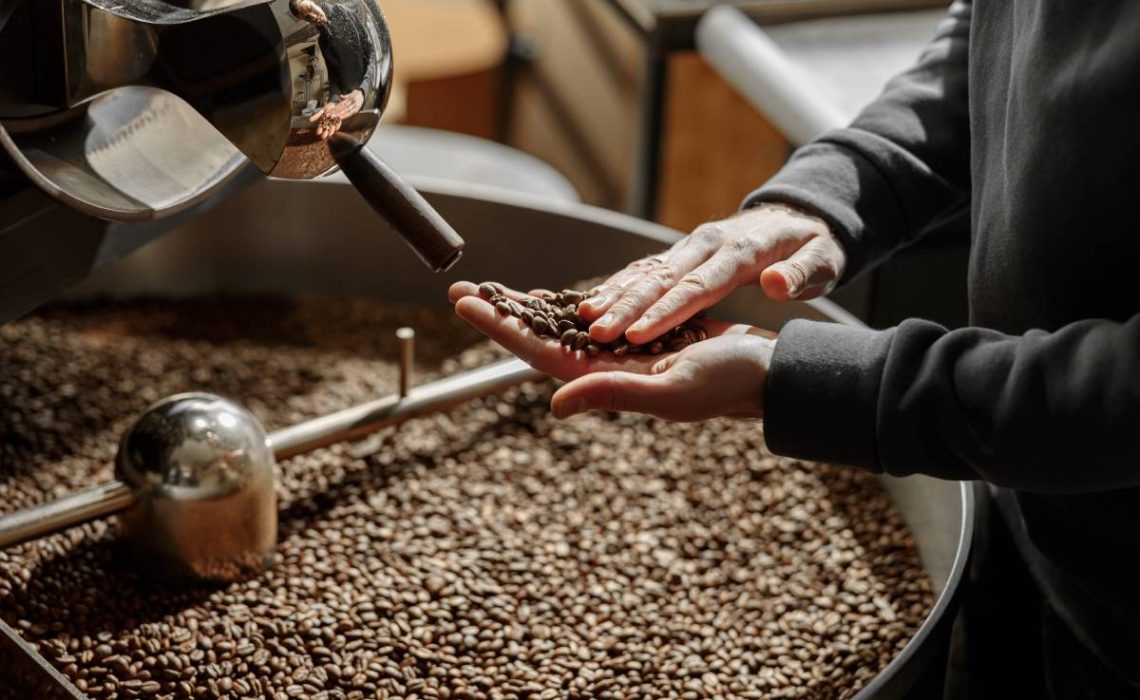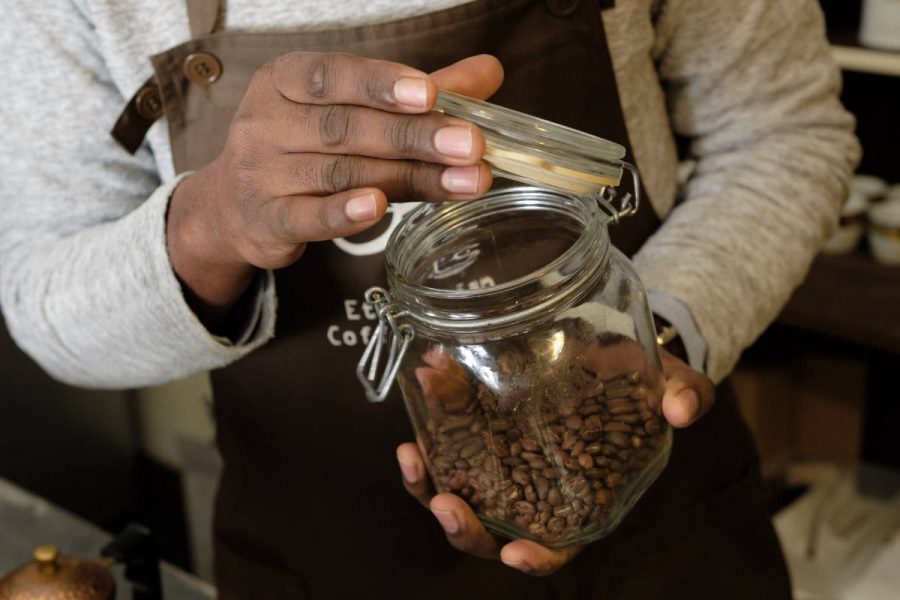
For many coffee lovers, the joy of brewing the perfect cup of coffee begins with choosing the right beans. But what happens after you’ve bought those high-quality, freshly roasted beans? How you store them can make a significant difference in their flavor, aroma, and overall freshness.
While the allure of various storage methods like refrigerating or freezing may seem tempting, the wrong approach can quickly lead to stale, flavorless coffee.
In this article, we’ll explore the best ways to store your coffee beans, dive into whether it’s advisable to keep them in the fridge, and weigh the pros and cons of freezing them, so you can ensure your beans stay as fresh as possible, cup after cup.
Why Proper Storage Matters
Coffee beans are sensitive to heat, light, moisture, and air, which can cause them to lose their flavor and aroma. Freshly roasted beans contain oils that enhance the taste, but these degrade over time.
Storing coffee beans on kitchen benchtops is not recommended due to high temperatures, which can speed up deterioration. For optimal freshness, keep beans in an airtight container in a cool, dark place.
What is the Best Way to Store Coffee Beans?
When it comes to storing your coffee beans, there are a few key guidelines you should follow to ensure they stay fresh for as long as possible.
The main objective is to minimize their exposure to factors that can degrade their quality. Here are the best practices for storing your coffee beans:
Keep Beans in an Airtight Container
Store coffee beans in an airtight container to prevent exposure to oxygen, which causes them to lose flavor.
While bags with one-way valves are fine for short-term storage, transfer opened beans to airtight containers like glass or ceramic jars.
Avoid large containers to reduce air exposure when opened. Keep the container in a cool, dry place, away from heat and light, to preserve freshness.
Store Coffee Beans in a Cool, Dark Place
To preserve the freshness of coffee beans, store them at a temperature between 60 and 70°F , away from heat sources and direct light.
Heat accelerates the breakdown of coffee flavor, so avoid storing beans near windows or in the kitchen where temperature changes occur frequently. A pantry or cupboard is the ideal storage place.
Avoid Storing Coffee Beans in the Freezer or Refrigerator
Storing coffee beans in the fridge or freezer is not recommended, especially if the container is opened frequently. Freezing slows oxidation but introduces moisture from condensation, affecting flavor and aroma. Beans can also absorb odors from other foods.
If you have excess beans you won’t use in a couple of weeks, freezing may be an option, but it should be done carefully to preserve quality.
Should You Keep Coffee Beans in the Fridge?

The fridge is not the best place to store coffee beans due to the presence of moisture. While it may be cooler than the kitchen counter, fridges are humid environments that can cause beans to deteriorate quickly.
Moisture can lead to mold or loss of flavor, and frequent temperature changes from taking the beans in and out of the fridge can cause condensation, further damaging their quality. Therefore, the fridge should be avoided as a storage option for coffee beans.
Is it Better to Freeze or Refrigerate Coffee?
When it comes to freezing or refrigerating coffee beans, the answer largely depends on your needs and how quickly you plan to consume the beans.
Freezing Coffee Beans
Freezing is an option if you have a large amount of coffee beans that you won’t be able to use within a short time frame. Freezing can help preserve the beans’ freshness for a longer period, but there are a few important precautions to follow.
Use an airtight container
It is crucial to store coffee beans in an airtight container or vacuum-sealed bag before freezing them. This helps prevent moisture from entering the beans and keeps them from absorbing odors from the freezer.
Portion the beans
It’s best to divide coffee beans into smaller portions before freezing, so you can defrost only what you need and avoid exposing the rest to air. Once thawed, do not refreeze beans, as it will affect their flavor. Store unused beans in a cool, dark place.
Refrigerating Coffee Beans
As mentioned earlier, refrigerating coffee beans is not ideal due to the moisture and temperature fluctuations that occur in a fridge.
While it may seem like a convenient option to keep the beans cool, the risks associated with moisture exposure and flavor contamination make refrigeration a less-than-ideal choice.
Conclusion
To maintain the freshness of your coffee beans, store them in an airtight container in a cool, dry, and dark place, away from heat, moisture, and light.
Avoid refrigerating or freezing unless you have large quantities you won’t consume quickly. If freezing, use airtight containers and thaw only once. Proper storage preserves flavor and freshness, ensuring a great coffee experience each time.

